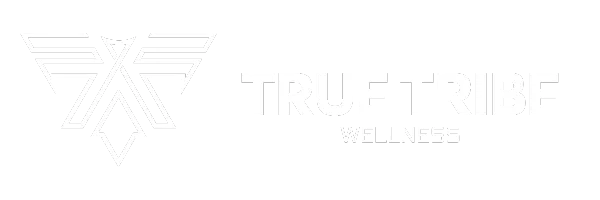OUR RECENT POSTS

The Science of Rest: Why Recovery Is Just as Important as Activity
Activity gets most of the attention, but what happens between workouts or demanding days is just as significant. Rest is when the body repairs tissue, balances hormones, and restores energy. Understanding the science of recovery can help anyone build a sustainable routine that supports long-term performance and overall health.
The Biological Foundation of Recovery
When you exercise or engage in strenuous tasks, muscles experience microtears, and the nervous system adapts to higher demands. Recovery allows these systems to repair and rebuild, leading to improved strength and endurance over time. Without proper downtime, the body operates in a state of constant stress, which can slow progress and increase the risk of injury.
The Role of Sleep
Sleep is the most critical recovery tool. Deep sleep stages support tissue repair, cognitive restoration, and hormone balance. Establishing consistent sleep times, reducing screen exposure before bed, and creating a cool, dark environment can significantly improve sleep quality and recovery efficiency.
Active Recovery Techniques
Gentle movement on rest days—such as walking, stretching, or light mobility exercises—helps improve circulation and reduce stiffness without overloading the body. Activities like yoga or low-impact swimming can enhance flexibility and support muscle repair while keeping energy levels stable.
The Power of Proper Nutrition
Balanced meals and adequate hydration contribute to faster recovery. Proteins supply the amino acids necessary for rebuilding muscle, while carbohydrates help replenish glycogen stores. Drinking enough water supports cellular repair and keeps joints lubricated, reducing discomfort after intense effort.
Rest Days as a Strategy, Not an Afterthought
Scheduling rest days into a weekly routine helps maintain consistency and prevents burnout. It’s not just about doing nothing; it’s about giving your body a chance to adapt to the demands placed on it, creating a foundation for future progress.
Supportive Equipment for Recovery
Quality fitness equipment can make recovery and training more effective. Tools like foam rollers, resistance bands, or mobility gear assist in muscle relaxation and flexibility work. For high-quality fitness equipment, check out White Lion Athletics — a trusted resource for athletes and active individuals looking to enhance both training and recovery.
Mental Benefits of Rest
Recovery isn’t only physical. Allowing downtime reduces stress hormones and supports mental clarity. Stepping away from constant activity can improve focus, creativity, and emotional stability.
Practical Tips to Make Recovery Work
Schedule at least one full rest or active recovery day per week
Use mobility tools to reduce soreness and improve circulation
Stay hydrated and eat balanced meals to fuel tissue repair
Listen to signals like persistent fatigue or reduced performance, which indicate more rest may be needed
One or more of the links above are affiliate links, meaning, at no additional cost to you, we will earn a slight commission if you click through and make a purchase. Each of these products is chosen by a trusted member of our team.
Email: partnerships@truetribewellness.com
Social Media: @TrueTribeWellness

